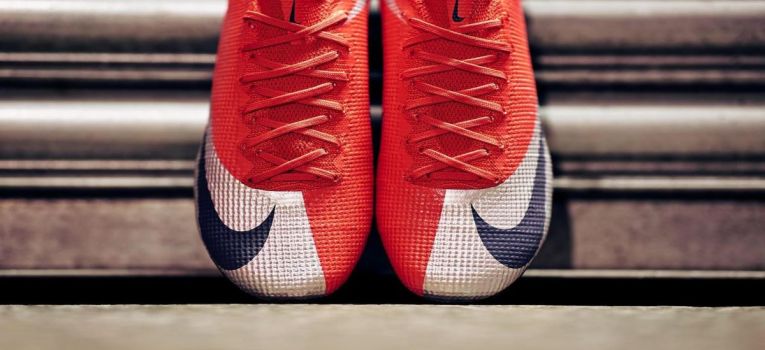How does Nike’s Supply Chain Work?
Article
As one of the most recognizable brands in the world, the American multinational is arguably the most influential player in the modern textile industry.
Behind the hundreds of millions of shoes and other products Nike sells each year lies a highly complex supply chain. Their success has been attributed by many to the proactive approach of their supply chain management.
How Does Nike’s Supply Chain Work?
Nike is the world’s largest seller of running shoes and sportswear. As one of the most recognizable brands in the world, the American multinational is arguably the most influential player in the modern textile industry. Behind the hundreds of millions of shoes and other products Nike sells each year lies a highly complex supply chain. Although there are undoubtedly significant challenges involved in managing this complexity, Nike’s proactive approach to supply chain management has been credited by many as a significant contributor to its phenomenal success.
What is it that makes Nike’s supply chain so unique and so effective?
The key principles behind Nike’s supply chain are outsourcing and diversification. Nike contracts 100% of its manufacturing for footwear and apparel out to independent suppliers. It was one of the earliest multinationals to adopt this approach. Thanks to effective management, Nike’s supply chain team quickly learned to handle the additional logistical complexity involved in this outsourcing and has seen significant cost savings over the years as a result. Outsourcing is inherently a risky approach, but by extensively diversifying its supplier base, Nike successfully mitigated this risk from the beginning. In 2019, Nike’s footwear components were supplied by 112 different factories in 12 countries, with no factory accounting for more than 9% of branded footwear. Not being overly reliant on any one site means Nike is less vulnerable to unpredictable occurrences, such as accidents and extreme weather events.
However, this distributed approach has its downside. Sourcing components from so many different facilities presents a real challenge for quality control. To ensure its high-quality standards are met at every step of production, Nike maintains continual communication with its suppliers, providing support through tools and training to initiate suppliers in its “Lean Management” framework and Total Quality Management (TQM) approach. Challenges to this approach have also come from outside the supply chain. In the early stages of its pioneering approach to outsourcing manufacturing, Nike chose not to engage in centrally monitoring supplier practice. However, due to increasing consumer demand and changes in the market, Nike took a look at its sourcing approach and ultimately adapted a new strategy.
Starting around 1996, Nike made significant progress toward bringing corporate social responsibility to the heart of its operations.
It set up a department tasked solely with improving the lives of factory workers, and in 1999 was instrumental in the creation of the Fair Labor Association (FLA). The FLA is a collaborative effort of companies, colleges and universities and civil society organizations dedicated to improving conditions for factory workers worldwide. In the 20 years since the FLA’s foundation, Nike has revamped its sourcing strategy to prioritize suppliers that show demonstrable leadership in corporate responsibility and sustainability. Nike is also committed to transparency. In 2005 it became the first company in the apparel industry to publish a complete list of the factories in its supply chain.
Today, Nike takes an ambitious approach to managing the impact of its supply chain that is as pioneering as its initial transition to 100% outsourced manufacturing was over 30 years ago. In 2019, Nike sourced 93% of its products and materials from sustainably run factories, well on its way to its target of 100% by the end of 2020. It has also reduced the number of factories in its supply chain that inflict excessive overtime on their workers down to less than 2.5%.
Nike’s supply chain functions around three core organizational principles: outsourcing to save costs, diversification to minimize risk and corporate social responsibility to manage its impact on the world it works in. Under focused and experienced management, its supply chain has grown from these principles into one of the most effective and responsible large international supply chains operating in 2020.


